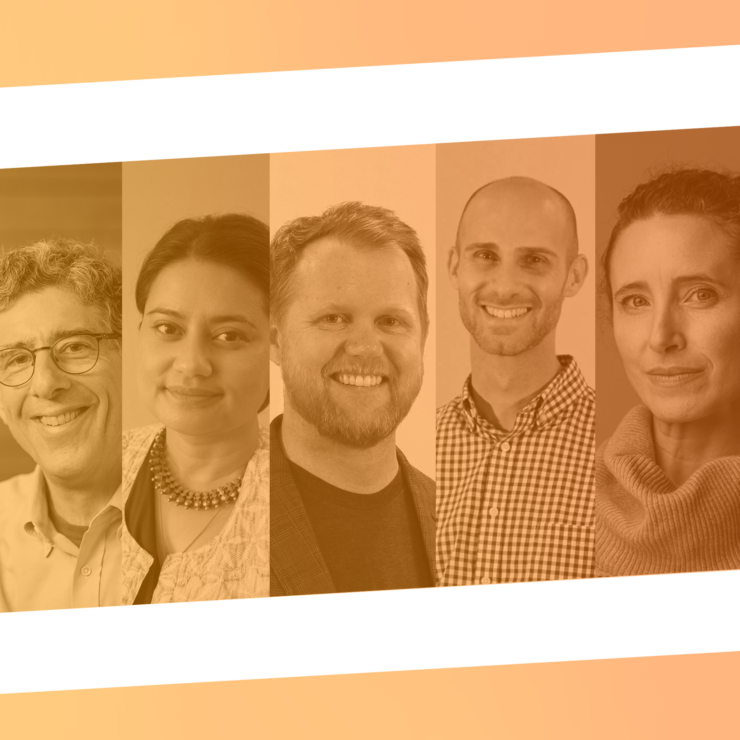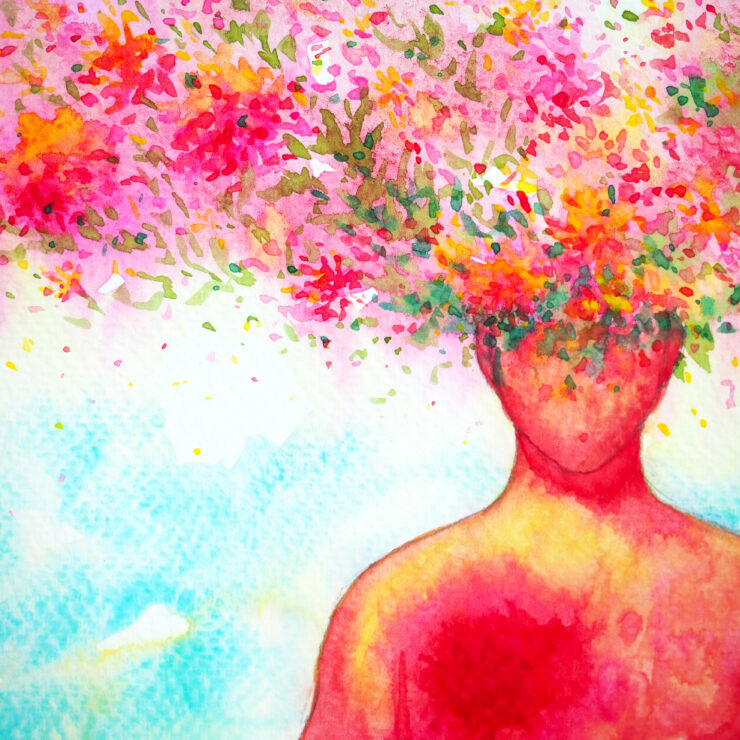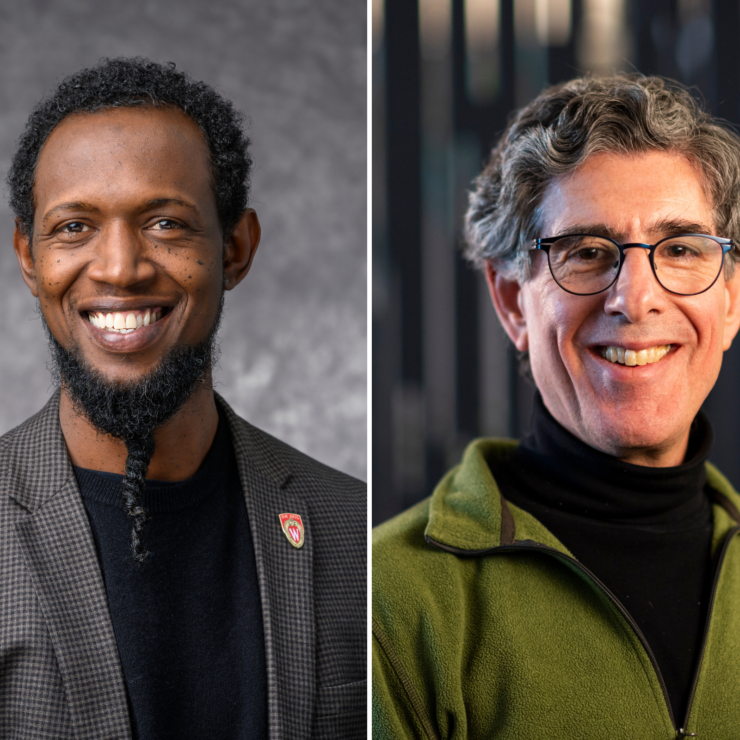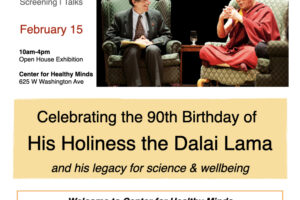News
Learn the latest from our research, see recent media mentions and experience some of the practices we study.
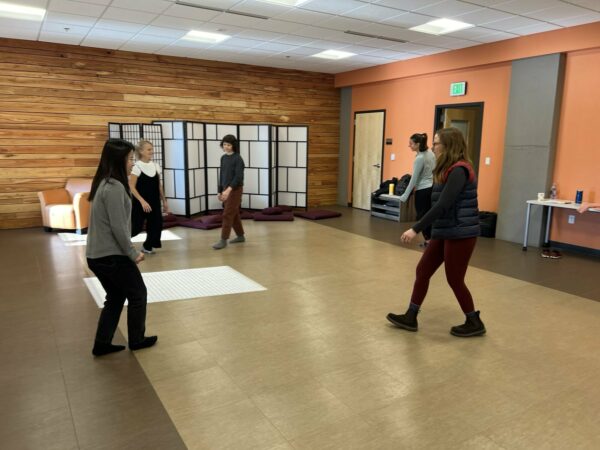
Arts for Healthy Minds
UW-Madison Community Explores Rhythms of Everyday Life with Dance and Mindfulness
January 13, 2025
In it's first year, the Arts for Healthy Minds grant helped one recipient create meaningful workshops to forward creative arts research that explores belonging, wellbeing and flourishing on campus.

